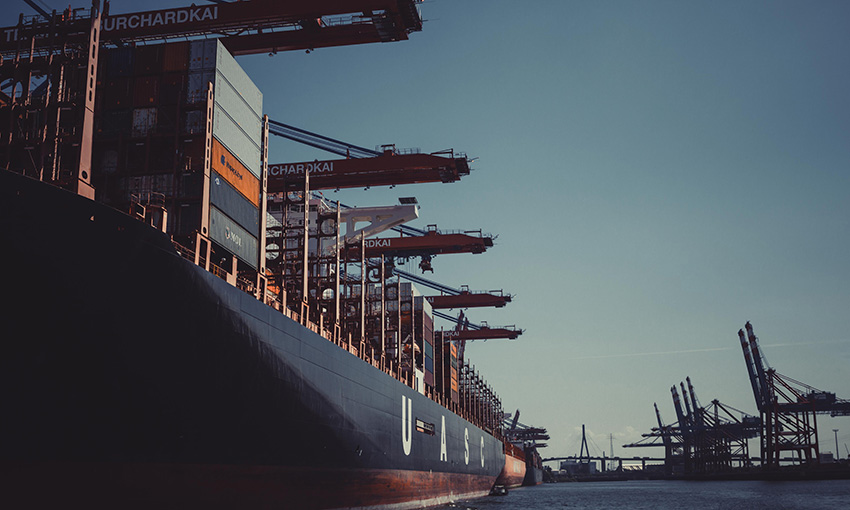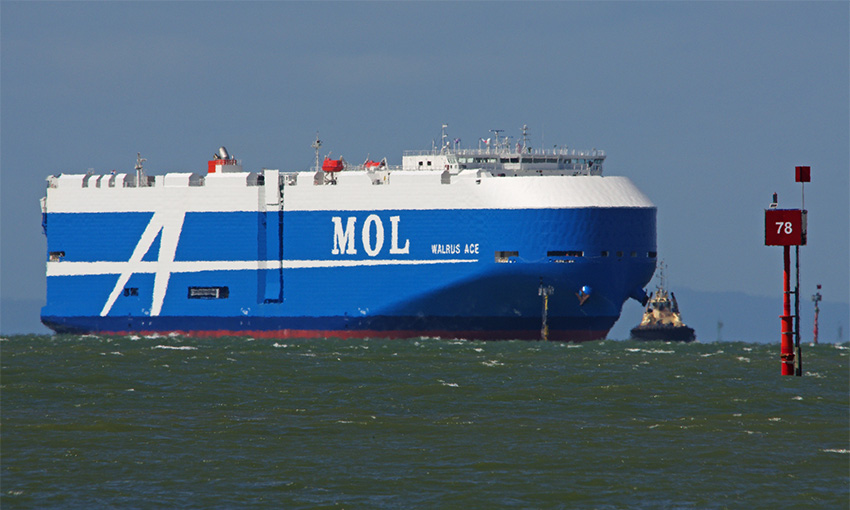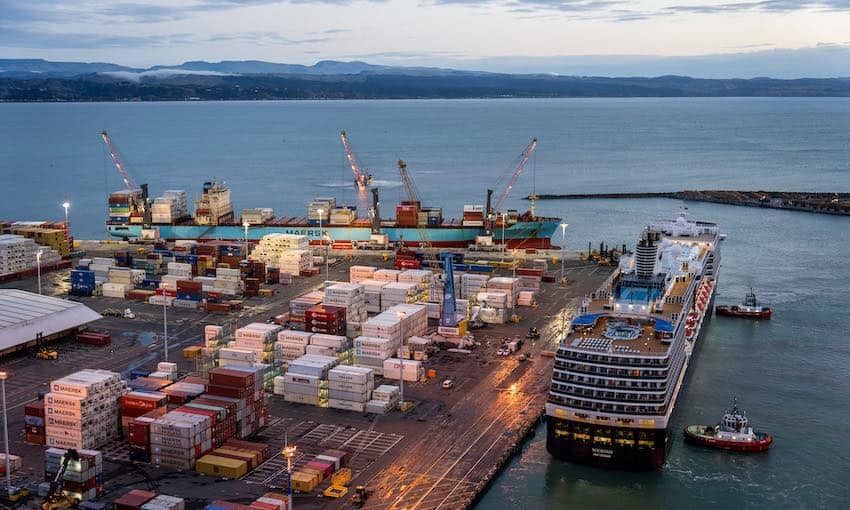THE UNITED Nations Conference on Trade and Development is launching new digital tools to help maritime countries and ports reinforce supply chains against disruptions.
UNCTAD said vulnerable economies in particular had been impacted by extreme weather events, the war in Ukraine and other crises beyond the pandemic adding pressure to global supply chains.
“Ensuring the integrity and effective functioning of maritime transportation is critical for all economies, especially small island developing states and least developed countries,” UNCTAD said in a statement.
“These vulnerable economies depend heavily on maritime transport networks for their livelihoods and access to the global marketplace.
“Moreover, they are already burdened by disproportionately high transport costs and low shipping connectivity, which make their trade uncompetitive, volatile, unpredictable and costly.”
In light of the consequences felt around the world, UNCTAD has launched a new website to promote “resilient maritime logistics in the face of disruptions”.
The website intends to help countries cope with a new normal characterised by disruptions. It includes a guidebook designed to help ports build capacity to manage risks.
Shamika Sirimanne, director of UNCTAD’s technology and logistics division, said resilience and risk management are becoming “new mantras” for transport, logistics, trade and supply chains.
“The web package provides our beneficiaries with support in risk identification, assessment, management tools and approaches, case studies, good practices and a step-by-step resilience-building process for ports and other relevant maritime supply chain actors,” she said.
UNCTAD said it is also working to alleviate barriers disrupting the delivery of cross-border trade.
Michael Luguje, head of Ghana Ports and Harbours, said the disruptive impact of COVID-19 alerted ports to the reality that building resilience against unanticipated shocks should be part of daily routine.
“We highly commend UNCTAD and its partners and donors for the published impact assessment reports, the organisation of regional webinars to disseminate lessons learned, the publication of a guidebook for ports, the dedicated website on resilience, and the training package being developed,” he said.
UNCTAD said its guidebook offers a stepwise approach, tools and methods to enhance port resilience in particular, recognising their positions as nodes of the maritime supply chain.
Following the launch of the website and guidebook, UNCTAD plans to roll out a new course built around six modules addressing risk management and supply-chain disruptions.





